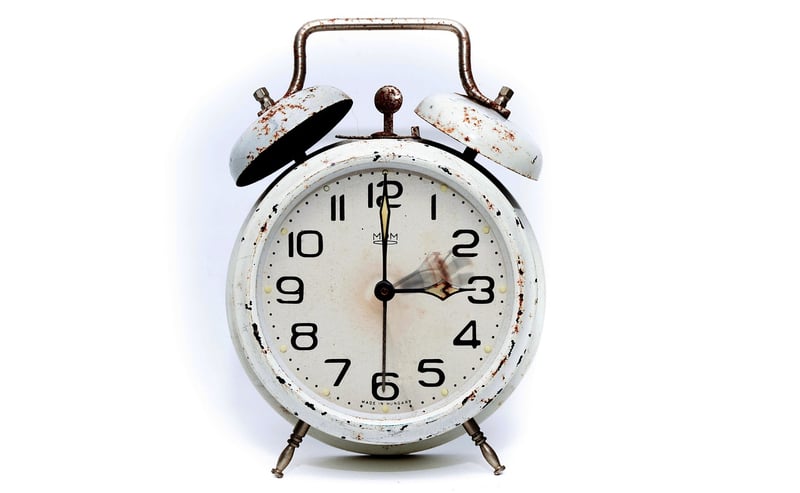Chronology Protocols
The Importance of Rules and Ethics in Chronology Protocols
Chronology protocols are vital in various fields, including history, science, and technology. They help establish a timeline of events, ensuring accuracy and reliability in data interpretation. However, to maintain the integrity of chronology protocols, it is essential to adhere to strict rules and ethical guidelines.
Rules in Chronology Protocols
1. Accuracy: It is crucial to ensure that all dates and events are recorded correctly to prevent inaccuracies in the timeline.
2. Consistency: The formatting and notation of dates should be consistent throughout the chronology to avoid confusion.
3. Cross-Referencing: Information should be cross-referenced with multiple sources to verify its authenticity and reliability.
4. Documentation: All sources used in creating the chronology should be properly documented to maintain transparency and allow for verification.
Ethical Guidelines in Chronology Protocols
1. Integrity: Chronology creators must prioritize honesty and integrity in their research and data interpretation.
2. Impartiality: Avoid bias or subjective interpretations when compiling a chronology to ensure neutrality and objectivity.
3. Respect for Sources: Properly attribute sources and give credit to original authors to respect intellectual property rights.
4. Confidentiality: Protect sensitive information and data privacy rights when dealing with confidential sources or materials.
Benefits of Following Rules and Ethics
By adhering to rules and ethical guidelines in chronology protocols, researchers and professionals can:
- Enhance the credibility and trustworthiness of their work.
- Ensure the accuracy and reliability of the timeline of events.
- Facilitate collaboration and peer review within the academic and scientific communities.
- Uphold professional standards and integrity in their field of expertise.
Following rules and ethics not only improves the quality of chronology protocols but also contributes to the overall advancement of knowledge and understanding in various disciplines.

Image Source: Pixabay
